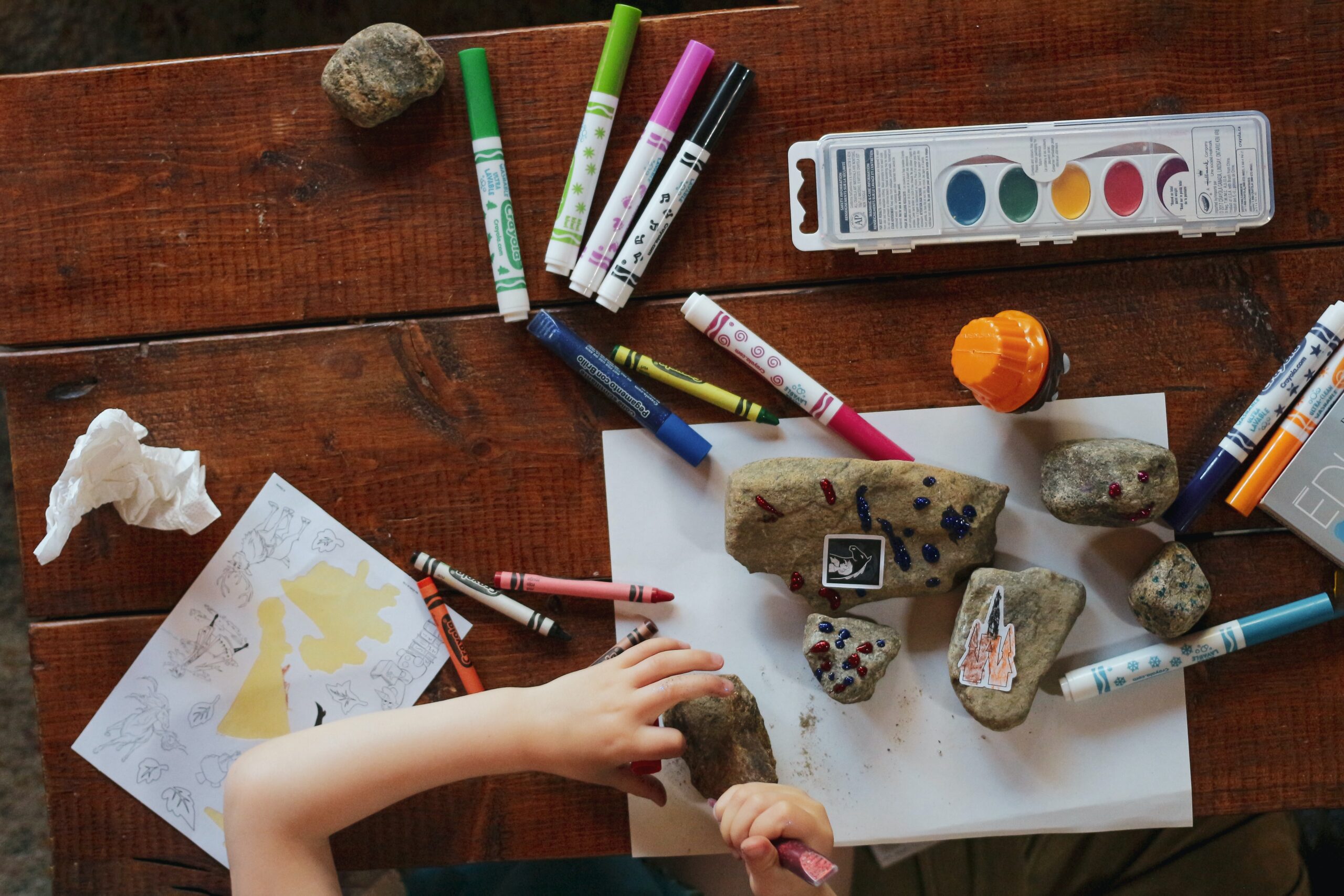In my past columns, I’ve talked about three routes to happiness. You can strive for a happy life, a meaningful life, or a rich life (one that’s filled with variety and experiences that change your perspective).
These pathways are mostly based on what you do. There’s another, more internally focused route to greater happiness that deserves attention: self-knowledge. Here’s why:
Self-knowledge leads to better performance.
In my new book, Stress-Free Productivity, I help readers learn how they work best. When you understand this, you can devise strategies based on your self-knowledge. For example, if you procrastinate doing tasks that bore you, your strategy might be different than if you procrastinate tasks that make you anxious.
If you resent a task or it bores you, then you might need to find meaning in it. For instance, helping your technologically-challenged spouse might be a pain, but if you reframe the task as being about deep trust and mutual support, it’s less boring.
If you’re avoiding a task because it makes you anxious, you can start with the parts of it that are least overwhelming, and work up. Strategies are more effective if they get to the root of why you want to put off your task.
Self-knowledge reduces shame.
Writing my first book, The Anxiety Toolkit, helped resolve my anxiety shame. Writing my new one resolved my productivity shame. I used my own techniques to learn how to be the best version of myself, and recognise how my whole self (not just the socially desirable bits) could help me reach my goals.
There are a lot of myths and stereotypes in our culture about what makes for a successful person: you must be very disciplined, have lots of energy, and be popular, hard-working, and ambitious. If you don’t fit this stereotype, you may believe you’re destined to never succeed.
With deep self-knowledge, you’ll be able to see how even your “flaws” can contribute to your successes. For example, someone who is lazy might rally against inefficient or meaningless things they’re expected to do, and change processes because of this. There are upsides to every personality type.
We usually only feel shame about who we are if we believe it will impede our goals. When you can see the benefits of your nature, and have skills to help you navigate the pitfalls, you’ll feel less shame.
Self-knowledge can help you manage your thinking and emotions.
We don’t self-sabotage in a thousand different ways, we do it in the same few ways over and over. For example, some people excessively blame others for not getting what they want. Others have the reverse style, and take too much responsibility for everyone else’s behaviour.
Humans have thinking biases, but we’re also equipped with meta-cognition: the ability to think about our thinking. When you know your biases, you can correct them.
You don’t need to be flawless to succeed, and there’s no one way to do it. Self-knowledge can help you know when you need to find your own way to achieve an important goal. When you learn to work with your natural personality, rather than conforming to stereotypes, you’ll feel more self-accepting and happier.







